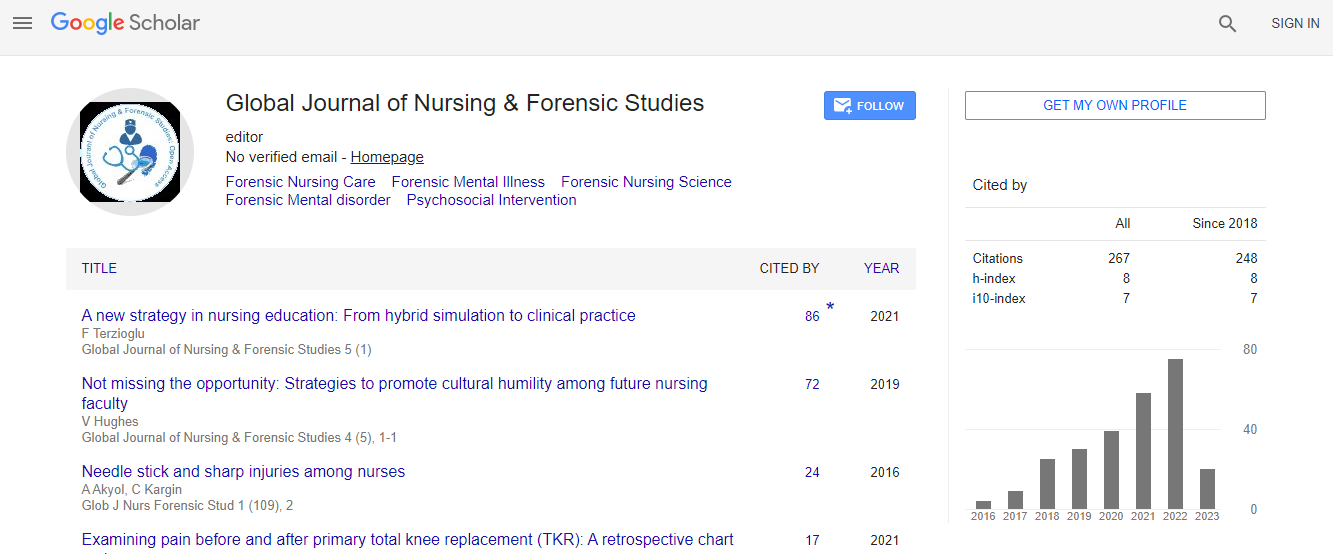Impact of climate change and the associated disaster risk reduction efforts in urban communities of Ghana - A review
Abstract
The ever fast increasing and poor planning of our cities expose more individuals and groups to natural and human-induced disasters. For an urban settlement to achieve most of its goals, objectives and targets there must be well structured local governance system and high innovative administrative systems. However, there is an increasing Body of Knowledge that seeks to promote how urban and community resilience initiatives are tied to the literature of climate change including vulnerability, sustainability, adaptation, and transition. The main fundamental principle underlying the concept of urban resilience is the ability of a city or urban system and/or subsystems to withstand and cope with a wide array of shocks and stresses while positively adapting and transforming towards sustainability. Although researchers have identified the art of resilience as highly complex adaptive systems, the notion of urban resilience and coping capacity studies are grounded in a diverse array of literatures, which are based on four significant categories: (1) urban ecological resilience; (2) urban hazards and disaster risk reduction initiatives; (3) resilience of urban and regional economies; and (4) promotion of resilience efforts through efficient governance and institutional networks. The paper promotes better understanding of the types of practices and tools that contribute to building sustainable urban resilience, and fairly rigid communities. After briefly describing how urban resilience is understood and studied across these different sets of literature, the review identifies a set of cross-cutting themes and emerging questions towards the study of urban resilience to climate change in the near future.

 Spanish
Spanish  Chinese
Chinese  Russian
Russian  German
German  French
French  Japanese
Japanese  Portuguese
Portuguese  Hindi
Hindi 